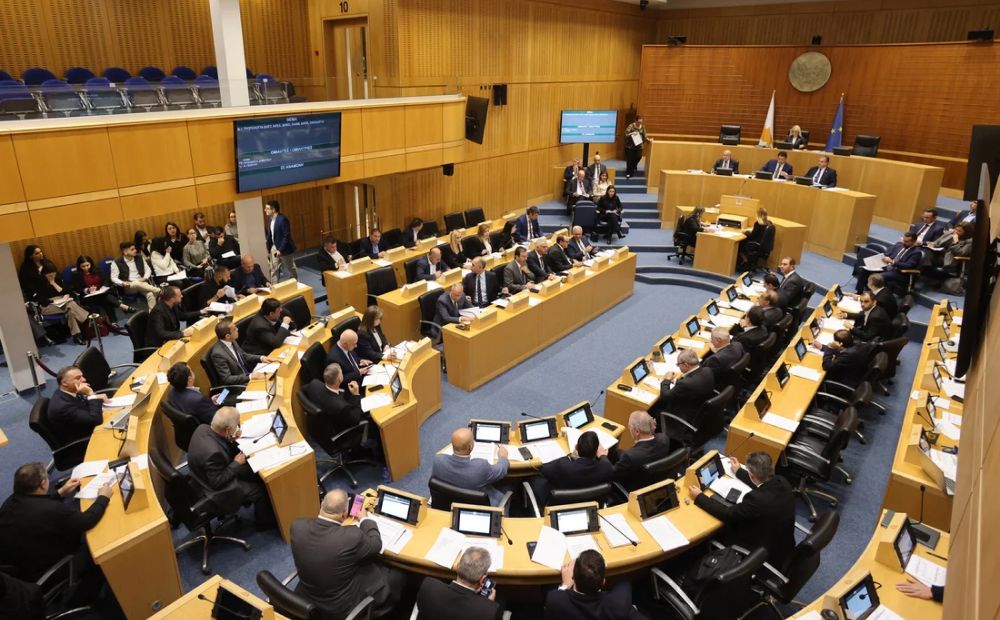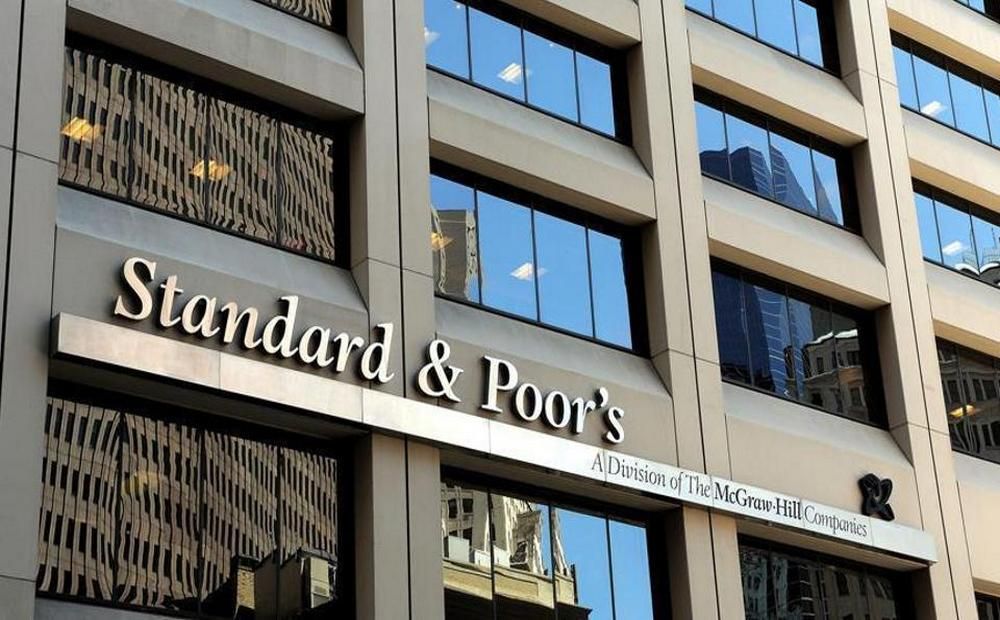
27 декабря 2024 года Кипрская комиссия по ценным бумагам и биржам (CySEC) опубликовала консультационный документ, предлагающи...

Как иностранцу-владельцу компании продлить вид на жительство на Кипре, если компания является местной (LLC) или с иностранным...

Что можно успеть за восемь часов? Провести продуктивный рабочий день, перелететь через океан или полностью изменить отношение...

Может ли юрист помочь при открытии банковского счёта? Какие функции при этом он на себя возьмет? Комментарий на этот вопрос д...

После 38 лет работы с поста генерального секретаря Кипрской торгово-промышленной палаты уходит Мариос Чаккис. За годы его рук...

Для получения ВНЖ за инвестиции, нужно ли обязательно покупать новую недвижимость? Можно купить ли купить квартиру или дом на...

Может ли человек подать заявление на получение разрешения на длительное проживание (LTRP), если его заявление на получение ки...

Балрам Чаинрай, гонконгский предприниматель непальского происхождения, купил 2,67% акций компании Agros Development Company ‘...

Кто является директором кипрской компании с точки зрения закона? Типы директоров. Теневой директор. Альтернативный директор. Де-факто директор. В этой статье мы рассмотрим различную терминологию, уделяя особое внимание правовой ко...

Cyprus Sotheby's International Realty опубликовал ежеквартальный отчет Insights с подробным описанием рынка премиальной жилой недвижимости Кипра за весь 2023 год и отдельно за его четвертый квартал. В отчете также представлена инф...

Sotheby’s International Realty, крупнейшая сеть агентств элитной недвижимости в мире, опубликовала отчет по глобальному рынку элитной недвижимости Luxury Outlook 2024. Какие мировые тенденции затронули кипрский рынок и что необход...

В интервью Эвагорас Ланитис рассказывает о развитии одной из старейших и наиболее влиятельных семейных компаний на Кипре – Lanitis Group. Он делится историей создания группы, секретами успешного расширения бизнеса в различных сект...

Ольга Пападимитри – юрист, предприниматель, жена, мама... Она научилась успешно совмещать эти роли и поддерживать баланс в своей жизни. Ольга рассказала в нашем интервью о том, как ей это удаётся. Ольга, вы давно в профессии. Как...

В эпоху, когда правовое регулирование становится все более сложным, роль юридического консультанта приобретает решающее значение. Стелла Кукунис, управляющий партнер юридической фирмы Solsidus Law, делится своим взглядом на юридич...

Уровни фактического индивидуального потребления в странах ЕС варьировались от 70% до 136% от среднего показателя по ЕС. Потребление на Кипре в точности равнялось среднему значению, составив 100%. Данные за 2023 год приводит Еврост...

После трехдневных дебатов парламент утвердил государственный бюджет на 2025 год. Министр финансов Макис Керавнос объявил об этом, выразив благодарность политическим партиям, проголосовавшим в поддержку, за их «ответственную позици...

Рейтинговое агентство Standard and Poor’s (S&P) повысило долгосрочный рейтинг Кипра с BBB+ до A- и подтвердило краткосрочный рейтинг на уровне A-2. Свой прогноз развития экономики Кипра агентство назвало стабильным. Стабильны...

Согласно данным Статистической службы Кипра (Cystat), в ноябре 2024 года общий объем продаж нефтепродуктов на Кипре снизился на 4,7% по сравнению с тем же месяцем 2023 года, составив 113 640 тонн. В м...

27 декабря 2024 года Кипрская комиссия по ценным бумагам и биржам (CySEC) опубликовала консультационный документ, предлагающий расширить условия, в которых проспекты (сопроводительные документы) эмисс...

Что можно успеть за восемь часов? Провести продуктивный рабочий день, перелететь через океан или полностью изменить отношение к физическому и ментальному здоровью и благополучию. Второй год подряд Fu...

Что выгоднее: EU Blue Card или пятилетний/десятилетний ВНЖ на Кипре? Каковы плюсы и минусы каждого из вариантов? Кипр недавно интегрировал в свою иммиграфионную практику европейскую директиву, касающуюся "голубой карты". Но вопрос...

Боязнь ошибиться при подсчете количества дней, проведенных на Кипре – один из главных страхов тех, кто планирует претендовать на гражданство Кипра путем натурализации. Сомнения развеивает юрист Георгия Папа. Все иностранные гражд...

Как иностранцу-владельцу компании продлить вид на жительство на Кипре, если компания является местной (LLC) или с иностранными интересами (BCS)? Нужно ли владельцу компании устраивать себя сотрудником? На эти вопросы ответила юрис...

Первый в 2025 году экзамен на знание основных элементов современной политической и социальной реальности Кипра пройдет 8 февраля. Регистрацию нужно завершить в период с 16 декабря 2024 г. по 7 января 2025 г. В соответствии с попр...

Служба социального страхования сообщает о значительном росте заработной платы на Кипре. Однако этот рост вызван прибытием в страну высокооплачиваемых специалистов, а не повышением качества жизни всех работников. В отчете об эконо...

Недавнее решение правительства нанять частную компанию для временного управления портом и мариной Ларнаки вызвало обеспокоенность в муниципалитете города. Муниципальный совет объявил, что не согласен с привлечением сторонних управ...